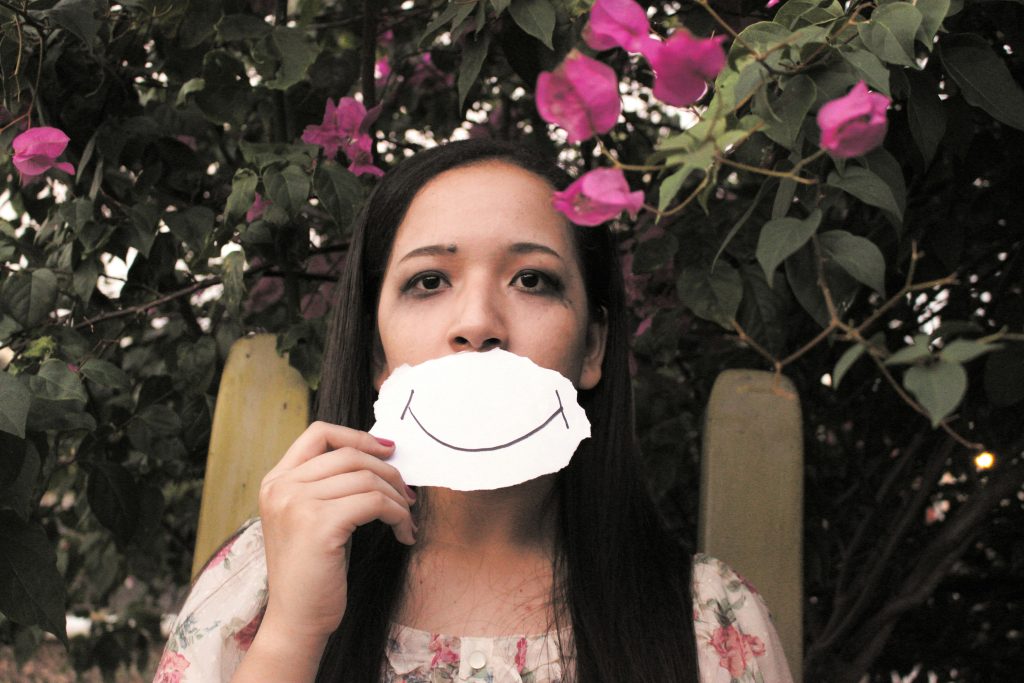As a 14-year-old, I sat in a biology class listening to my teacher who taught about menstrual periods and the impact of this in women physically and psychologically.
He spoke to us about the importance of compassion and understanding generally and more particularly during these times. Few lessons stuck with me, but this did.

Picture: Dr Niraj Singh
Fast forward to medical school and there was very little on women’s health. Medical training appeared to be very male centric. In fact, even conditions like Autism’s diagnostic criteria is male focused in spite of varying presentation in women. Even research has gender discrepancies and often is male focused. I believe the tide is turning in terms of more awareness and education however there is much to be done. Certainly, in mental health, there is a need for greater understanding of how illness may manifest differently in women.
Mental ill health among women is on the rise. One in five women (19%) experience a common mental disorder, such as anxiety or depression, compared with one in eight (12%) men.
The factors below can lead to mental ill health. Conditions such as depression, anxiety, insomnia and post traumatic stress disorder.
- Pressures in society have evolved over the years. Gender inequality continues. Women are often the primary carer for the child, possibly juggling a working role too. Societal expectations can add more pressures. Caring for others risks not filling one’s own cup, which could lead to stress, anxiety, depression and isolation. The Covid pandemic whilst impacting society as a whole has disproportionately impacted women more, according to research.
- Hormonal fluctuations during menstruation, pregnancy and menopause can impact mood and emotional well being, having a child can lead to hormonal changes which can impact on a women’s mental health. This can include antenatal and /or postnatal depression.
- Women are at a higher risk of physical, sexual and emotional abuse, which could lead to mental ill health including post-traumatic stress disorder.
- With the rise of single parenting, increased financial burden can impact mental health significantly in an era of rising day-to-day costs.
- Evidence has shown a negative effect of social media on adolescent females. The consumption of appearance – centric content and comparisons is linked strongly with depression and anxiety.

Picture credit: Unsplash
Eating disorders are more common in women than men and are often associated with depression and anxiety.
Women with neurodevelopmental conditions like ADHD and who may be Autistic can often ‘mask’ their presentation in order to fit in with societal expectations. This can cause immense psychological strain.
What can you do?
1. One of the key things that disappear early with deteriorating mental health is self –compassion. Be kind to yourself and carve out time and space for yourself. This may be difficult with multiple circumstances but it is a crucial reminder to take the pressure off yourself and foster self- compassion.
2. If you’re struggling, speak to someone close to you and consider contacting a professional with expertise in this area. You may require a physical health check and blood tests. Access to psychological and/or pharmacological treatment may be necessary.
3. Where possible, have good nutrition and hydration. Food can impact our mental health and have whole foods instead of processed ones.
4. Also, where possible have a regular exercise routine, even regular walks. Get outside for at least 20 minutes a day. Even better, go out into a forest or woodland.
5. Avoid excessive alcohol and caffeine.
6. Optimise your sleep routine as best as possible. Go out in nature and connect with others to reduce isolation.
7. Speak to your employer if you’re having mental health difficulties and struggling to work.
8. If you’re struggling with thoughts of ending your life, contact the emergency services or crisis team.

Picture credit: Unsplash
There is clearly lots of work to be done in the area of women’s health in general let alone mental health. Research needs to increase in the area to build an evidence base so that appropriate policies and treatment programmes can be put in place.
Individuals from an early age and companies need to be educated about women’s health. This includes employers too who need to offer training to staff in mental health and the specific impact on women.
In an ever-strained world it’s important that we check in on one another. Just asking someone how they are opens up space for them. So, take the time out to do this.
Stay healthy.



